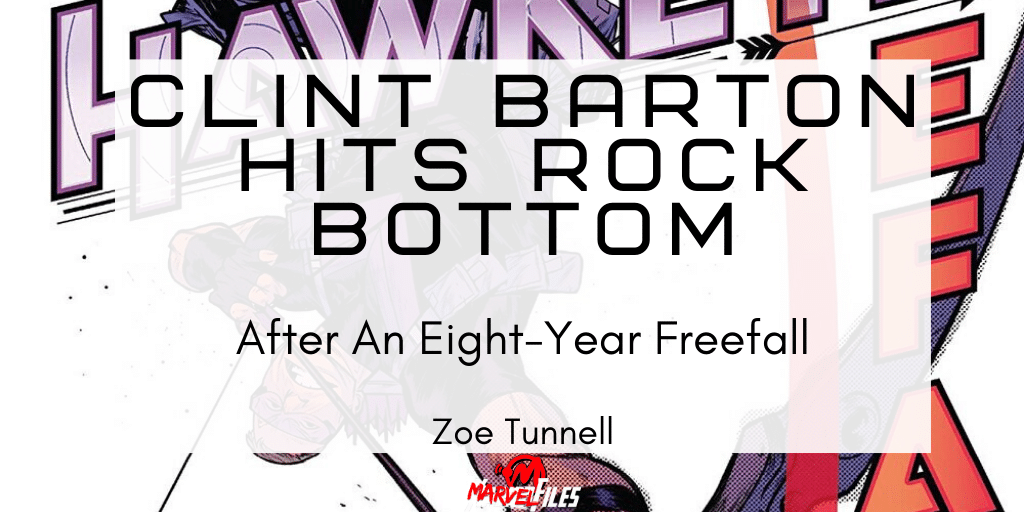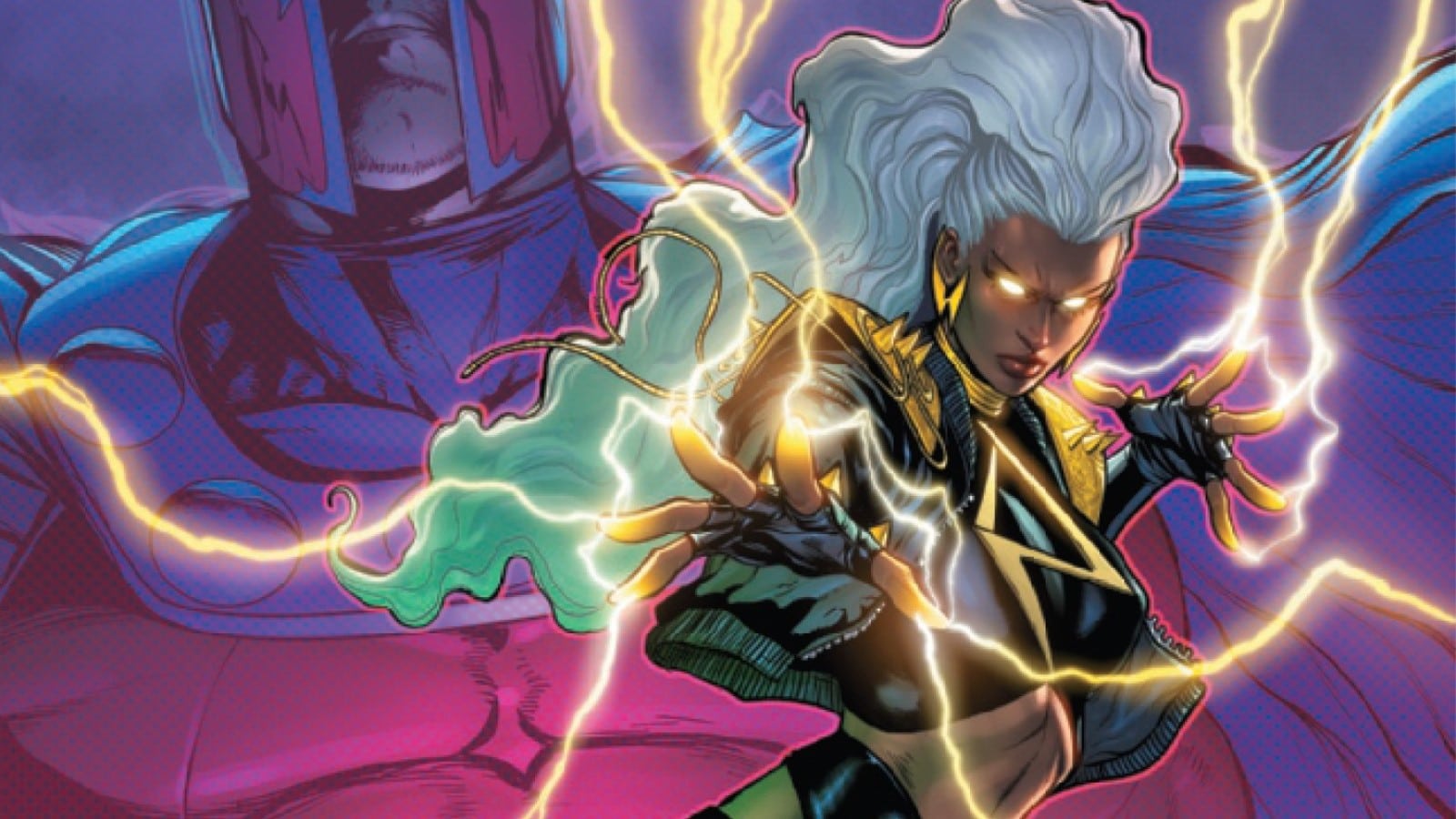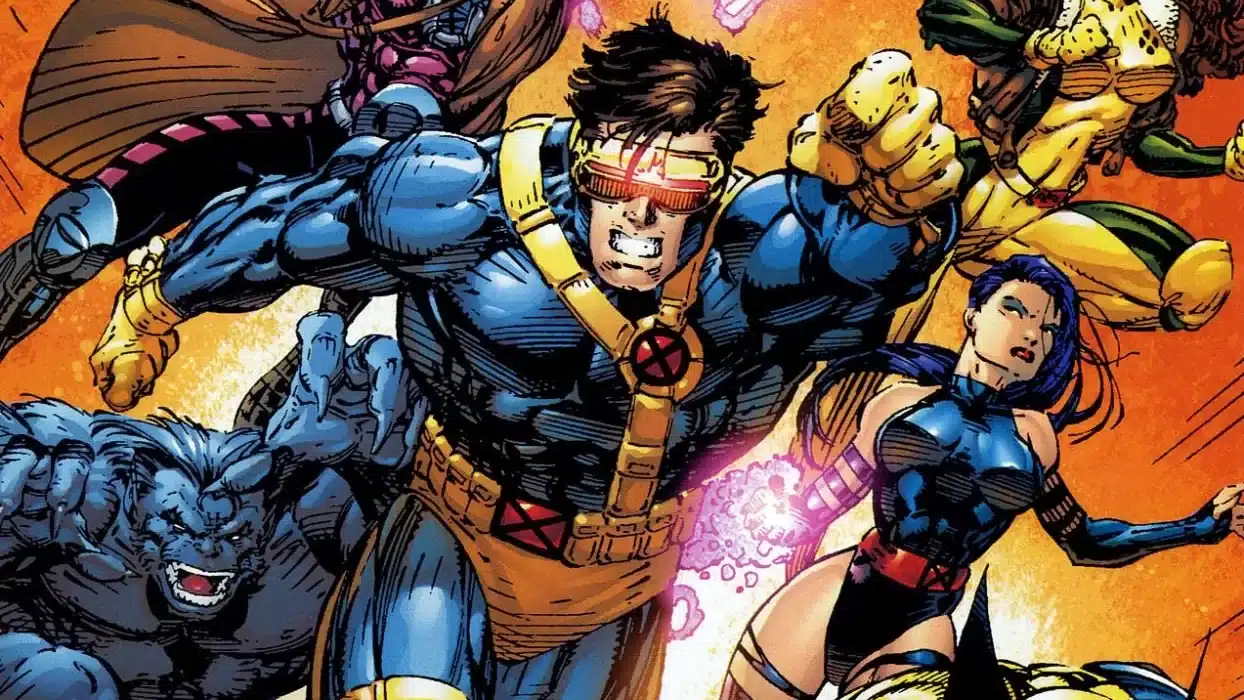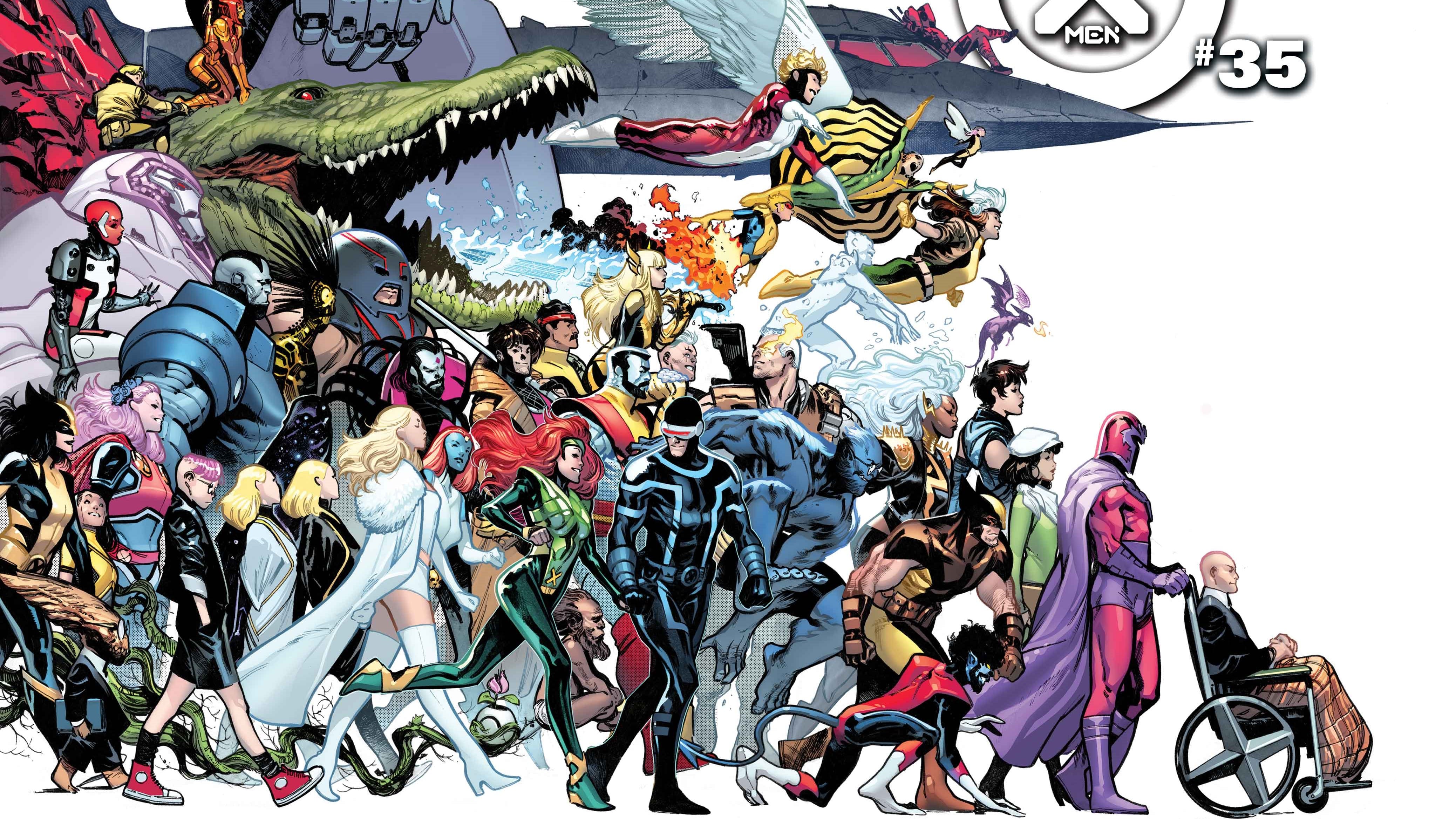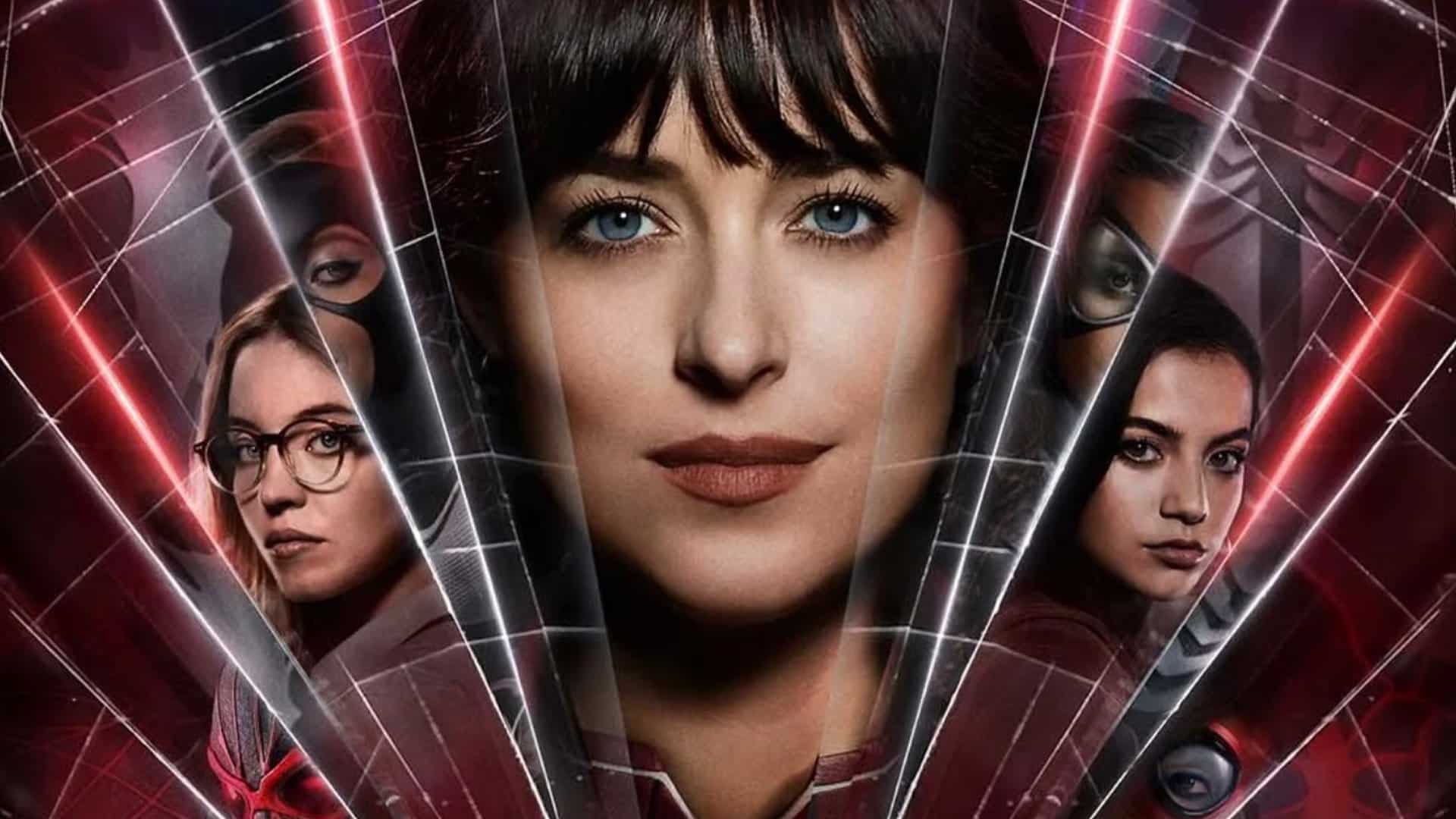Matt Fraction, David Aja, and eventually Annie Wu, changed the superhero comic landscape in 2012 with the debut of Hawkeye. Effortlessly cool, equal parts a laugh and a gut punch and, above all, incredibly distinct, the series met with such universal acclaim and sales success that the re-writing of Clint Barton’s character passed by with barely a whimper. Gone was the brash, loud-mouthed everyman of the Avengers, replaced with a semi-functional emotionally immature lead fueled by coffee and poor decision making. The faintest outline of the long-standing Marvel mainstay remained visible within the newly-christened Hawkguy, but both fans and comic creators were more than happy to accept the new Clint and run with him. Series like Batgirl at DC or She-Hulk and Superior Foes of Spider-Man at Marvel adapted their spin on the modern, slick street-level antics of Hawkeye. Meanwhile, Clint’s appearances in various Avengers titles and crossover events quickly mined the hot mess of Hawkguy for comedic profit. This is where the problems began.
Fraction, Aja and Hollingsworth
Hawkeye, for better and worse, did not shy away from painting Clint Barton as a walking disaster of a man who expressly should not be idolized. He did everything from cheating on his girlfriend, and fellow Avenger, Spider-Woman to single-handedly pissing off every supervillain crime boss entirely due to his ego and bravado. For every hilarious beat of Clint drinking coffee out of a cracked mug or running around with his quiver out, there were moments of consequences and pain for his actions. He pushed people away, was rendered wholly deaf, and nearly got his brother killed. Unfortunately, many other writers did not keep this vital part of the equation when using Marvel’s second-favorite (Hi, Kate!) archer.
Outside of a handful of appearances, Hawkeye’s sloppy lifestyle had been flanderized in non-solo titles. He would find himself late to an Avengers meeting due to getting stuck in a dumpster, or somehow end up crashing a plane in a peaceful fishing video game. He was every schlubby, lovable man-child sitcom lead, wielding a bow and arrow and saving the world, yet somehow maintaining the same level of accountability as your Nick Millers of the world. These takes continued up through the end of the decade, rendering a once-biting, exciting revamp of the Avengers veteran into a one-note punchline. Until 2020’s Hawkeye: Freefall.
Ewing, Garbett and Woodard
Matthew Rosenberg, writer of Freefall, had been at Marvel for a handful of years prior to the series. A high-profile relaunch of Uncanny X-Men had left fans divided, and his work on other titles such as Rocket Raccoon, Tales of Suspense, and Kingpin found quiet praise but failed to make an impact. His work before Marvel was knee-deep in black comedy and crime, with critical darlings such as 4 Kids Walk into a Bank, and We Can Never Go Home, giving him the profile to catch Marvel’s eye. Otto Schmidt, Freefall‘s artist, had been making regular appearances in various Big Two projects for years before landing an extremely impressive run on one of DC’s biggest surprise hits of their Rebirth initiative: Green Arrow. The pair’s resume paints a perfect team to take over the spirit of Fraction, Aja, and Wu’s Hawkeye, but success was far from assured in the now fast-paced live-or-die landscape of 2020 Marvel. Freefall, initially billed as an ongoing series, received a total of 6 issues. For comparison, the 2012 run reached 22, with a double-sized annual as well. No one expected a classic the likes of that seminal run out of Hawkeye: Freefall, and they would be right. Instead, Rosenberg and Schmidt dragged Clint Barton out of the shadow of Hawkguy and into new, exciting territory.
Hawkeye: Freefall begins with a similarly joke-heavy tone and snappy dialogue to 2012’s run, following Clint in his post-Hawkeye life as a landlord in Bed Stuy, faced with an increasingly personal feud with recurring Marvel crime boss The Hood, and hunting down a mysterious criminal sporting an identity he once used: Ronin. A half-dozen of Marvel’s biggest stars suspect Clint of moonlighting as the murderous thief, but he assures them that they’re wrong and relies on the years of trust he has built as a member of the hero community to assuage their fears. The problem? They’re all right. Initially justifying his violent, brutal actions as the only effective method of shutting down menaces like The Hood, who evade justice through connections and bribes, it eventually becomes clear that Clint is caught in a downward spiral, similar to the one he went through in Hawkeye. Unlike that breakdown, however, Clint is all alone. Any of his loved ones or allies who attempt to help him, he lies to and pushes them away. Any fellow hero trying to protect their friend, he attacks and assaults. Any problem that he can’t solve with his influence, he greases with his ill-gotten money. And it sticks.
Rosenberg and Schmidt
Clint went through pain and heartbreak in Fraction, Aja, and Wu’s Hawkeye, that is undeniable. The death of a friend, the self-hatred of knowing he was making mistakes yet couldn’t stop himself. He burned bridges and left wounds. But by the end of the series, things were rebuilt. His friends returned to help him, and apologies were given and accepted. In Freefall, however, he doesn’t get that luxury. In a world full of stories starring emotionally immature and reckless men who get endless second chances, Rosenberg and Schmidt dared to ask what would happen when those chances ran out. Throughout Freefall‘s six issues, Clint lies to every significant person in his life, sabotages a healthy romantic relationship, literally and figuratively fights his fellow superheroes, consorts with supervillains like Wilson Fisk and Count Nefaria. Worst of all, the hero ends up being responsible for the deaths of two, mostly innocent, men at the hands of Bullseye. When the dust settled, and Clint’s double-life as Ronin was exposed, with the fresh blood of a man whose death lay at his feet still wet on his hands, Barton’s phone pinging with dozens of messages from friends, allies and loved ones, he was faced with a choice. He could swallow his shame and meet his sins, turning to his friends for help, take down the villains, and ask for forgiveness. Or, he could do the other thing.
Clint makes a deal with the devil (metaphorically, to be clear. It is the Marvel Universe, after all.) and faces down The Hood, surrounded by would-be assassins held back by a promise of pay, and takes a beating within an inch of his life. The Hood, triumphant, attempts to reclaim the millions Barton had stolen, only to find the funds gone and replaced with a trap courtesy of Count Nefaria to neutralize The Hood’s demonic powers. A short, sudden trip out of a window later, and Clint hobbles away, clinging to life but victorious. Rhino, one of the assassins, moves in to kill the vulnerable Avenger but is stopped by a fellow villain, saying, “He’s one of us. Even if he doesn’t know it yet.”
With that, Hawkeye’s eponymous freefall is complete. It may have taken eight years, four different volumes of comics and a half a dozen various creators, but the downward spiral of ego, toxic masculinity, and emotional immaturity ends the only place it could: Clint burning every bridge he has to ashes and regressing to his former life as a headstrong criminal. Will this stick? Maybe! Character development is always a tricky thing in the shared universe of superhero comics, with entire arcs upended when a new creative team decides their vision for the character is superior. Whether we get Hawkeye: Kingpin of Crime for the next few years or the results of Freefall is quietly ignored, Rosenberg and Schmidt brought the sad, hilarious and captivating saga that Fraction, Aja and Wu started eight years before to a conclusion that felt equally true to both Clint Barton as a character and Hawkeye as a comic and that is something special.
Rosenberg and Schmidt
Zoe Tunnell is a 29-year old trans woman who has read comics for most of her adult life and can't stop now. Follow her on Twitter @Blankzilla.

